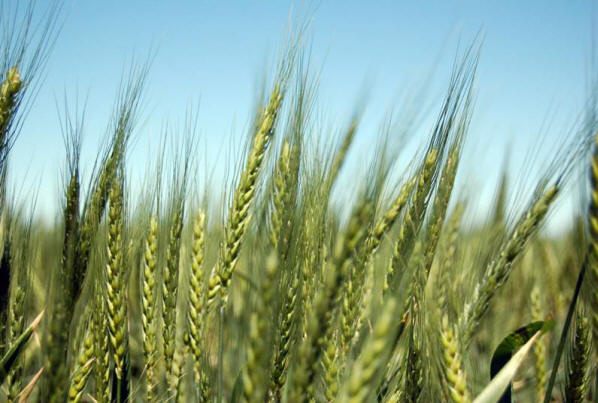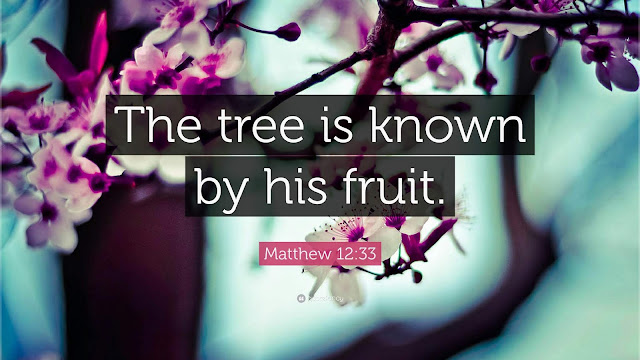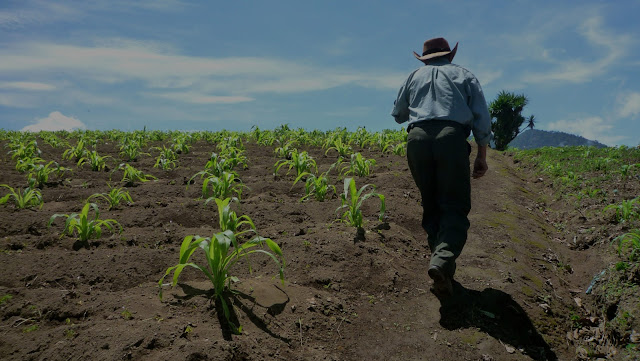Mustard Seed & Leaven

Section 54 THE FIRST GREAT GROUP OF PARABLES (Beside the Sea of Galilee) Subdivision E PARABLES OF THE MUSTARD SEED AND LEAVEN MATT. 13:31-35 MARK 4:30-34d The commentators seems split on the intent of these parables. Jon Courson feels they are a warning for the Church not to become too institutionalized and big. Scofield believes the leaven is a warning not to allow doctrine to be added to, taken away from, or bastardized. "The use of the word in the N.T. explains its symbolic meaning. It is "malice and wickedness," as contrasted with "sincerity and truth", it is evil doctrine in its three-fold form of Pharisasism, Sadduceeism, Herodianism. The leaven of the Pharisees was externalism in religion. Of the Sadducees, scepticism as to the supernatural and as to the Scriptures. Of the Herodians, worldliness--a Herod party amongst the Jews."-Scofield Other commentators stand by the thought that these two images (mustard seed and yeast) were pos














